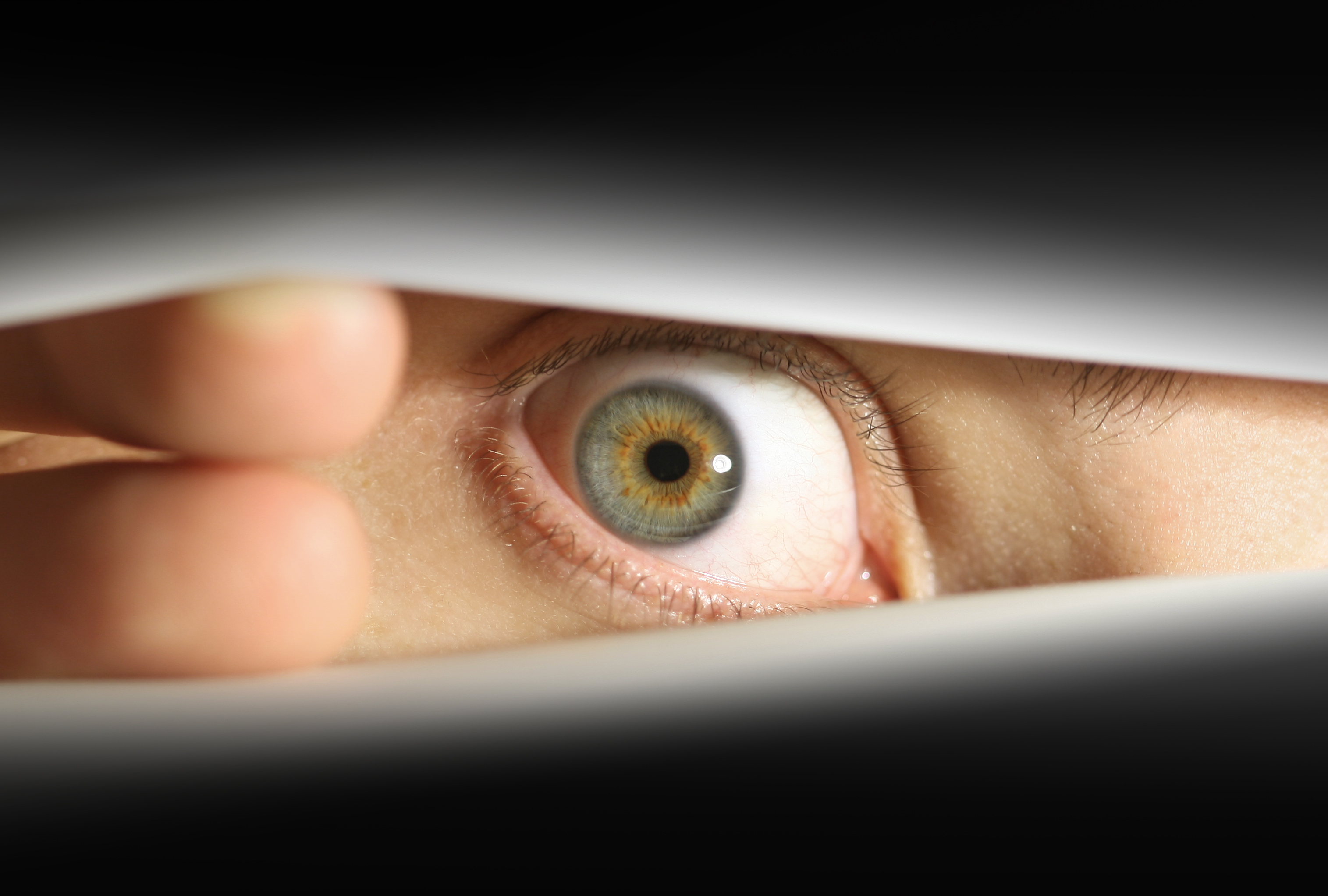A Brief History of ‘NSFW’

Credit to Author: Motherboard Staff| Date: Wed, 09 Aug 2017 16:00:00 +0000
In 1998, when the internet was awash in primary colours and clip art, a woman is rumoured to have posted on a Snopes.com forum, warning users to censor themselves in case “British school children” were lurking.
Forum members did as they were told, and began using the abbreviation “NFBSK” (short for “Not For British School Kids”) in the place of rude content. And it must have stuck, because two years later it emerged on a database of internet jargon along with many other abbreviations that have since died off.
The acronym seems to have quickly evolved from its more specific beginnings to the “NSFW” we all know today. Urban Dictionary defined “NSFW” (short for “Not Safe for Work”) back in 2003, before the shorthand peaked in 2015 when it was added to Merriam-Webster’s Dictionary.
The “NSFW” acronym has evolved to include adults, and helpfully warns us in the subject of an email or a flashing WhatsApp message that what we’re about to click on contains images of nudity or sex, or swearing. NSFW is less of a method to prevent the innocent mind of a child being tainted by someone’s forum rant, and more a warning that you could find yourself having a very awkward conversation with human resources.
The acronym doesn’t warn against gory violence or other sensitive topics. NSFW is, in this way, more a general judgement of what’s deemed risky to have on your screen when the beady eyes of those with the power to fire you are scanning the office.
Of course, the general consensus here is that we’re treated like children at work, who can’t be trusted to observe, say, a risqué photo on our lunch break. Indeed, the acronym’s journey into the mainstream has ridden on the assumptions that we all work in offices, and that we’re deemed incapable by our employers of seeing anything on our screens that so much as suggests nudity, lest we need to go home and spend the rest of the day in a cold shower (and not working).
Columnist Dan Savage, however, has invented a more appropriate acronym. “I do NSFYW: ‘not safe for your work.’ Fine for mine,” Savage recently told the AV Club. “I look at these websites constantly. I have to, it’s my job. It’s not safe for your place of employment most likely.”
Read more: How to Look at Porn on iPhone Reddit Apps
On the other hand, having to rely on NSFW as a warning, at the very least, implies you haven’t got a parental lock on your work computer.
Or at least, this was NSFW’s original purpose on the internet. But in recent years, when many of us have moved our social media conversations and emails from our work computers to the relative privacy of our phones, with our own 4G, NSFW is taking on a new meaning. What was once an altruistic warning has become shorthand for “mildly rude,” and used as a tool by the online press to reel in traffic.
NSFW has been used to describe everything from a joke birthday cake depicting icing sugar as cocaine, to a coffee cup that can almost resemble hands on a bum, and in articles talking about the global equality campaign “Free the Nipple,” which sort of defeats the campaign’s whole point.
But we’re catching on to the media’s increasingly ironic usage of NSFW in titillating headlines, during the middle of the day when we’re all at work. Even Reddit, where NSFW has flourished, has noticed the shift. Last year, on r/TheoryOfReddit, user bongdropper wrote that it’s becoming obsolete.
“I have been noticing an increasing number of posts tagged ‘NSFW’ merely for incidental nudity that is not sexual or suggestive in any way. I have no idea what is actually explicit content and what is simply a nipple in painting,” wrote bongdropper. “The meaning of ‘NSFW’ is becoming devalued to the point that it no longer serves as the warning it is intended to be.”
Claire Curzon, managing director of digital marketing agency Brighter Directions, says brands have also have also cottoned on to NSFW’s online magnetism, but warns against it.
“Nowadays, the likes of organisational social media, media websites, and content communities are tagging onto this slogan, with often detrimental results,” she said.
Curzon uses the 2016 example of KFC in Australia, which sent out a tweet saying “Something hot and spicy is coming soon,” with the NSFW hashtag and a blurred out photo that tried to look suggestive of a woman touching a man’s penis. It tweeted an apology not long after it attracted mass disapproval from people online.
Get six of our favorite Motherboard stories every day by signing up for our newsletter.